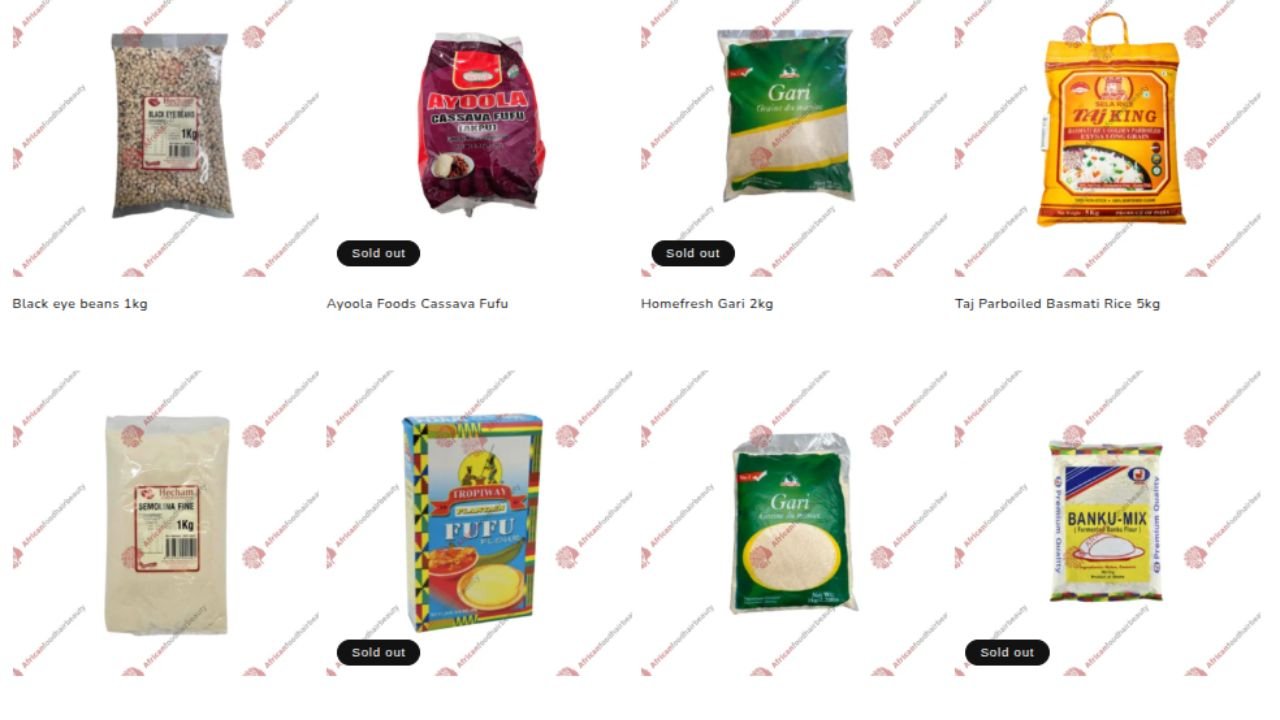Australia’s multicultural food scene is ever-evolving, but in recent years, one traditional dish has taken centre stage among adventurous eaters and African communities alike: fufu. Packed with heritage, flavour, and versatility, traditional African fufu is now finding fans from Sydney to Perth as more people seek out unique cuisines and deeper connections with authentic food experiences.
What is Fufu?
Fufu is a staple dish across West and Central Africa, made by boiling and pounding starchy vegetables such as cassava, yams, or plantain into a smooth, elastic dough. Served alongside rich, aromatic soups and stews (like egusi, peanut, or okra soup), fufu is designed for communal eating—torn by hand, dipped, and savoured with every bite.
Its appeal springs from its comforting texture, ability to pair with diverse flavours, and the ritual involved in sharing a meal with family or friends.
The Rise of African Food Fufu in Australia
So, why has fufu become such a sought-after meal in Australia? Several key factors are fuelling its growth:
1. Growing African Diaspora
Australia’s African-born population has surged in recent years, with Nigerian, Ghanaian, and Sierra Leonean communities particularly prominent in cities like Sydney, Melbourne, and Brisbane. This demographic shift has directly shaped the local food landscape, bringing restaurants, home-cooked meals, and specialty grocery stores that make traditional dishes like fufu available to all Australians.
Census data reveals that the number of Nigerian-born residents in Australia rose by nearly 50% between 2016 and 2021 a trend mirrored by the rise of West African restaurants and grocers offering fufu and related ingredients nationwide.
2. Expanding Food Adventures
Australians are increasingly looking beyond mainstream cuisines for new tastes and experiences. Diners are eager to try food that goes beyond the familiar; fufu, with its unique preparation and integral role in African culture, offers just that. Restaurants across Australia now proudly serve fufu paired with bold, spicy soups, often attracting both African expatriates longing for a taste of home and food lovers excited to discover different culinary traditions.
3. The Influence of African Chefs and Entrepreneurs
Talented African chefs are redefining Australia’s restaurant scene—opening eateries where fufu and other African foods take centre stage. They introduce creative twists, adapt recipes for local produce, and cater to diverse palates, all while maintaining authenticity. Their success stories have helped draw mainstream attention to fufu, encouraging more Australians to embrace African cuisine.
4. Cultural Experiences and Community
The experience of eating fufu often goes beyond taste; it’s about community, tradition, and connection. Food festivals, market stalls, and cultural celebrations across the country now feature African Food Fufu in Australia, giving locals the chance to enjoy immersive cultural experiences learning how to prepare, eat, and appreciate this emblematic dish.
5. Accessibility through Online Retailers
Access to authentic ingredients is easier than ever, thanks to online retailers like African Food Hair and Beauty. No longer restricted by geography, customers right across Australia can buy imported cassava flour, yams, specialty spices, and ready-to-mix fufu packets making homemade fufu achievable for African-born Australians and curious home cooks alike.
Understanding the Dish: Fufu’s Versatility
Traditional fufu is beloved for its adaptability in both flavour and preparation. Base ingredients can differ (cassava, plantain, yam, or even maise), and it’s commonly served with regional soups such as:
- Egusi (melon seed soup with vegetables and meat)
- Ogbono (wild mango seed soup)
- Okra stew
- Palm nut soup
- Light soup or groundnut stew (Ghanaian)
This versatility and the opportunity to customise texture and flavour to personal taste has contributed to fufu’s popularity as a comfort food.
Where to Find African Food Fufu in Australia
Restaurants: Major cities now host West African restaurants and takeaway shops serving fresh fufu daily often alongside jollof rice, fried plantains, and suya.
Specialty Grocers: African supermarkets across Sydney, Melbourne, Brisbane, and Perth stock imported ingredients and ready-made options.
Online Retailers: Digital platforms, including African Food Hair and Beauty, ship authentic African Food Fufu in Australia to homes nationwide, along with a full complement of traditional soups and seasonings.
Fufu and the Broader Australian Food Scene
As Australia grows ever more multicultural, dishes like fufu are gaining attention from food critics, bloggers, and even cooking shows. The communal aspect of fufu resonates with Australians who value shared plates and rich, flavourful comfort foods. This synergy has led to crossover fusion: African fufu bowls at food festivals, fusion menus at modern eateries, and creative adaptations featuring local Australian seafood or bush foods.
Why African Food Fufu in Australia is Here to Stay
The enduring popularity of fufu reflects more than just a food trend—it’s a testament to the importance of cultural heritage, the warmth of community, and Australia’s openness to diversity in taste and tradition.
Why Choose African Food Hair and Beauty for Fufu?
African Food Hair and Beauty is proud to be a leading source of African Food Fufu in Australia. By offering genuine ingredients, ready-to-cook fufu mixes, and expert advice, they help Australians of all backgrounds discover and enjoy the real flavours of Africa.
- Wide selection of traditional food supplies, beauty and hair products
- Fast, Australia-wide delivery with excellent customer support
- Trusted by communities nationwide for quality and authenticity
Ready to discover authentic African Food Fufu in Australia? Get started with African Food Hair and Beauty the name trusted by families, restaurants, and adventurous foodies alike.
